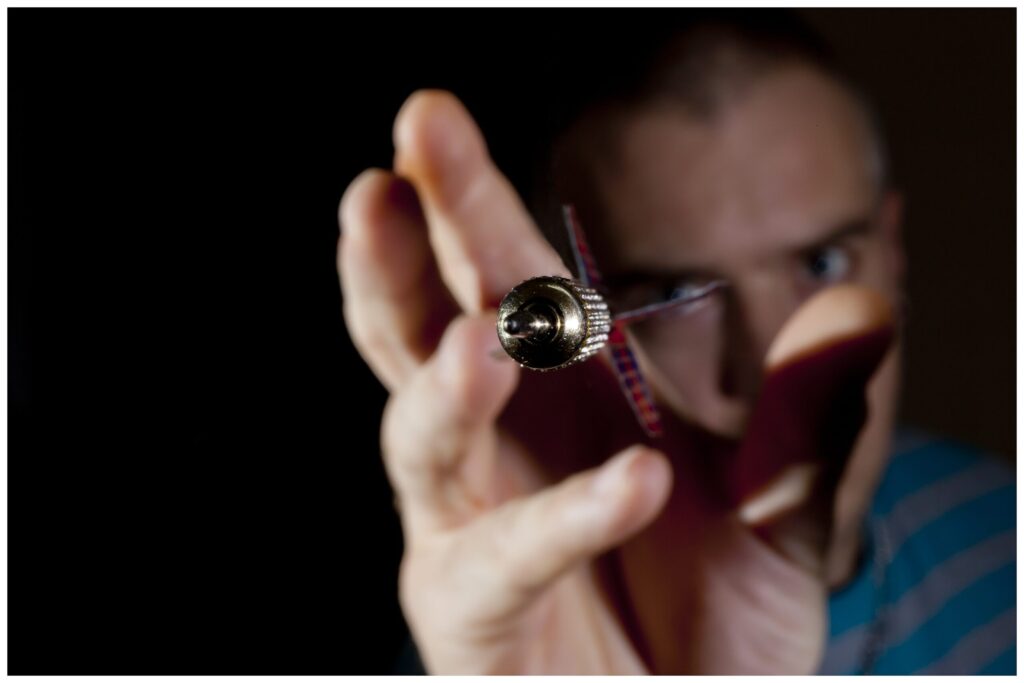Training Mindset
Our psychology has a tremendous impact on our performance whether in a competition, or even in practice sparring or drilling. Many people who are perfectly capable performers on one day or in one environment can find themselves falling apart in different circumstances. A large contributor to this is one’s internal dialogue.
Mindset can feel chemical and mercurial. If I have a good start to training then everything is great, but if something goes sideways it can feel unrecoverable. The reality is that mindset is something to incorporate in your practice, like every physical skill. There are techniques for establishing a good mindset and the more you practice them, the more ingrained they will become. Sure, at first they will seem alien and artificial, like you’re just putting icing on a mud cake, but that’s the case with all new skills. It takes time to truly own and internalize the skill, and for it to feel natural.
There are many approaches to mindset, as there are to all aspects of martial art. Here are a couple of simple exercises that can help establish a base for your practice:
Smile
My good friend Roland Warzecha– of the Sword and Buckler School Dimicator in Hamburg, Germany– tells all of his students to put on a smile as they salute their sparring partners. “Smiling relaxes the mind and the body,” he says, and he’s right. Smiling causes chemical processes in your brain and body that positively affect outlook and performance. You can read more about it here.
Next time you’re about to spar or drill, take and release a nice deep breath, and as you do, put on a smile.
Be Curious
The goal of practice is learning. Deep learning requires observation and analysis. Often stress comes from being overly outcome focused and letting our minds carry us away from what we’re doing in the moment. Instead of concerning yourself with the future, become curious about the present. Observe the execution of your technique, curiously explore how your partner or opponent responds, be non-critical about the outcomes and instead see what you can learn from them. When you catch yourself judging, return to your curious outlook instead. Your objective is to learn as much as possible, not to “win”. Winners tend to focus on process rather than outcome.
Try out these ideas and start planning out your psychological training regimen along with your physical one. I believe you’ll find it will not only make you a better fencer but a more relaxed and fulfilled person.





Responses